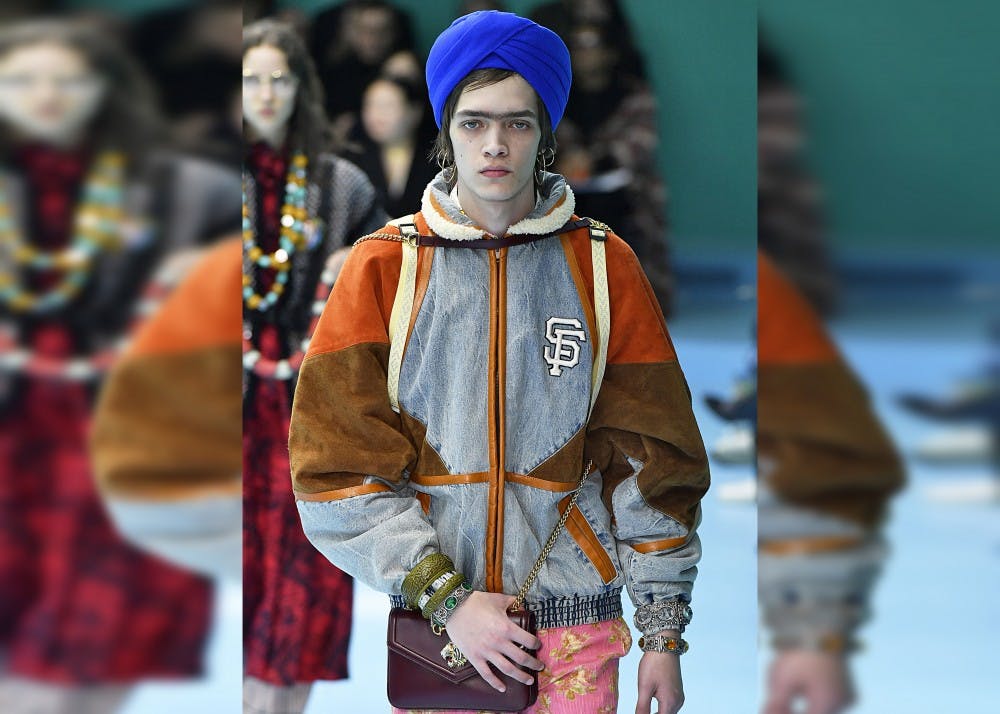Gucci is an iconic fashion company many associate with lavish purses, belts and even the notorious flip flops.
But now clothes and accessories are likely not the only things that would come to mind when envisioning this luxury clothing company.
Instead, it could be blackface.
Last week, the beginning of Black History Month, Gucci received harsh criticism after releasing a sweater that heavily resembled blackface. The “design” was a black turtleneck that stretched up above the chin. Around the mouth there were large red lips.
Just when you thought it couldn’t get worse, it did. The item was being sold for $890.
Many artists, such as T.I. and Soulja Boy have decided to boycott the brand.
How did this iconic fashion brand think this was a morally correct item to release?
This bring up a larger issue of America’s materialistic society. Luxury clothing brands lack a sense of cultural awareness. Consequently, they create anything from subtly discriminatory to blatantly racist products.
While there is an issue with learning to respect other cultures, this problem is also perpetuated by having a lack of diversity on marketing teams.
A sweater resembling blackface is not fashion. This is not trendy. Portraying the inhumane and discriminatory history of oppressed people is not modern or innovative, but racist.
According to a 2018 Creative’s Diversity Disconnect survey, 82 percent of creatives believe their most successful group projects were produced by a diverse team. But only 54 percent believe there have been significant strides made recently to improve diversity within the creative industry. The Gucci case is not an isolated incident.
Last December, Prada had a series of monkey trinkets on display in one of its Manhattan stores. Similarly to Gucci, they highly resembled offensive stereotypes placed on black Americans, specifically during the Jim Crow Era.
Chinyere Ezie went into the store and asked the staff if they were aware of the offensive blackface imagery.
“I was told that a black employee had previously complained about blackface at Prada, but he didn’t work there anymore,” she said in the December 2018 Facebook post.
Maybe he was fired. Maybe he quit because of the possible unwelcoming, hostile atmosphere.
Although there is no way to truly know, it alludes to the power in marketing diversity.
If these brands have more diverse teams, there will be more potential for people to point out the cultural discrimination within many of these products.
A powerful person of color on a marketing team would undoubtedly have recognized the glaring issue of plastering big, red lips on a black sweater.
A diverse team would likely have noticed the inherent issue of a stereotyped monkey figurine in a display case.
Companies need to cultivate an environment where people feel like they can speak on these topics. This cannot be simply a matter of hiring a few people of color and to meet a quota. Hiring one black person to be the face of the team is not enough. Minorities need to be involved in these decisions in meaningful, tangible ways.
Creating teams full of diverse races, ethnicities and backgrounds will be a starting point to end the disturbing cultural ignorance in fashion.
Maybe then we won’t be having the blackface in fashion discussion again.






